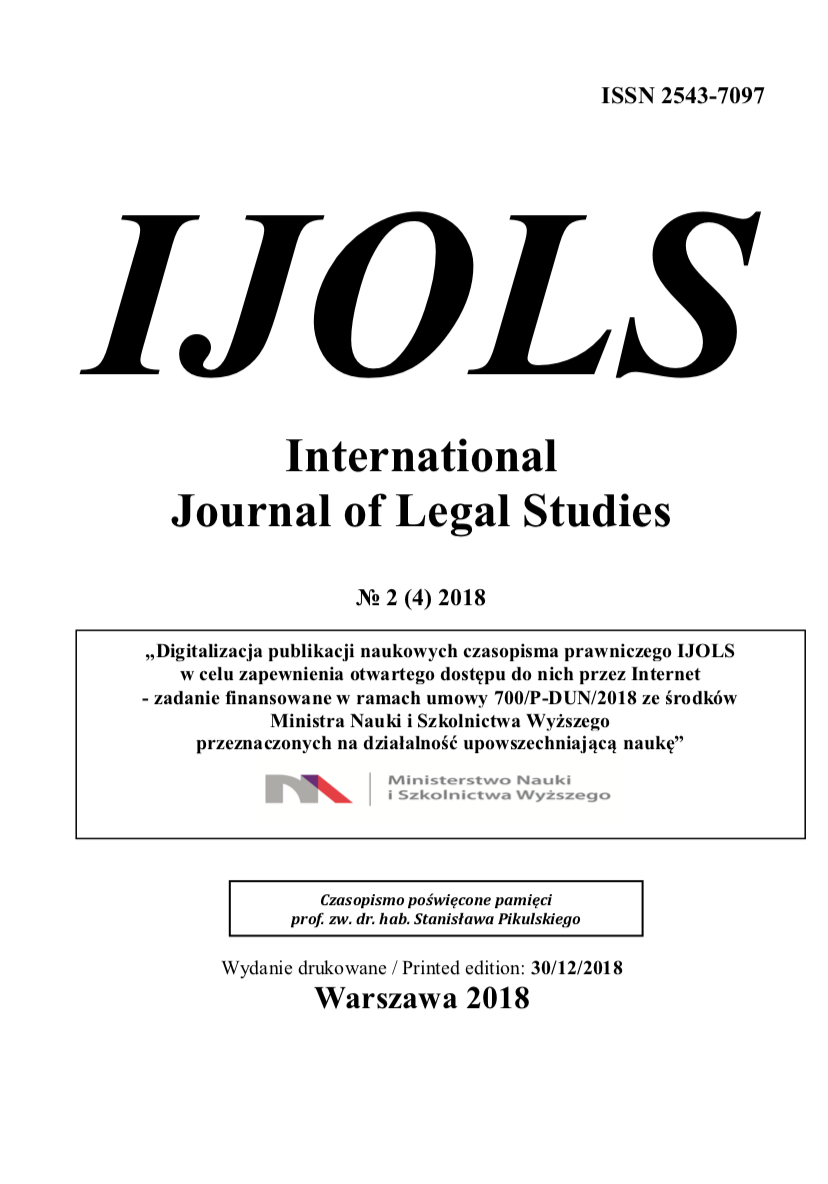PRAWO PRACY I ZRÓWNOWAŻONY BUDŻET: DWA ROŻNE PUNKTY WIDZENIA MIĘDZY WŁOCHAMI A UNIĄ EUROPEJSKĄ?
LABOUR LAW AND BALANCED BUDGETS:
TWO DIFFERENT POINTS OF VIEW BETWEEN ITALY AND THE EUROPEAN UNION?
Author(s): Giovanni BiancoSubject(s): Law on Economics
Published by: Międzynarodowy Instytut Innowacji "Nauka - Edukacja - Rozwój"
Keywords: labor law; balanced budget; double mandate
Summary/Abstract: The European legislation on labour policies is emblematically represented by the system managed by the European Central Bank (ECB) in which price stability first comes, then all the rest. Unlike other similar institutions, the ECB is the only central bank whose sole objective is to maintain price stability, or better win the fight against inflation. Unlike the ECB, the US Fed-eral Reserve has the so-called dual mandates, which is a dual objective of intervention: price stability and employment. In this sense, the Fed is required to effectively promote the objec-tives of maximum employment, stable prices and moderate long-term interest rates, protecting in an equal way both the needs of the market economy and the rights of workers.In the Euro-pean Union, in general, the objective of price stability is in fact superordinate to all the others, even those that Art. 3 of the Treaty of the European Union seemed to be on the same level. The fight against unemployment therefore becomes secondary even if, for example, in the Italian constitution the right to work since 1948 is considered a fundamental right.The decisive point is that the prevailing value is attributed to monetary stability with the consequent weak-ening of policies - potentially inflationary - such as the active ones of labour and more general-ly of stimulus of the economy.The new EU policies on financial issues are therefore destined to have a strong impact on the regulation of workers' rights in individual states. And above all in Italy where the principle of a balanced budget in 2012 even became a constitutional provision.
Journal: International Journal of Legal Studies (IJOLS)
- Issue Year: 4/2018
- Issue No: 2
- Page Range: 457-467
- Page Count: 11
- Language: Polish

